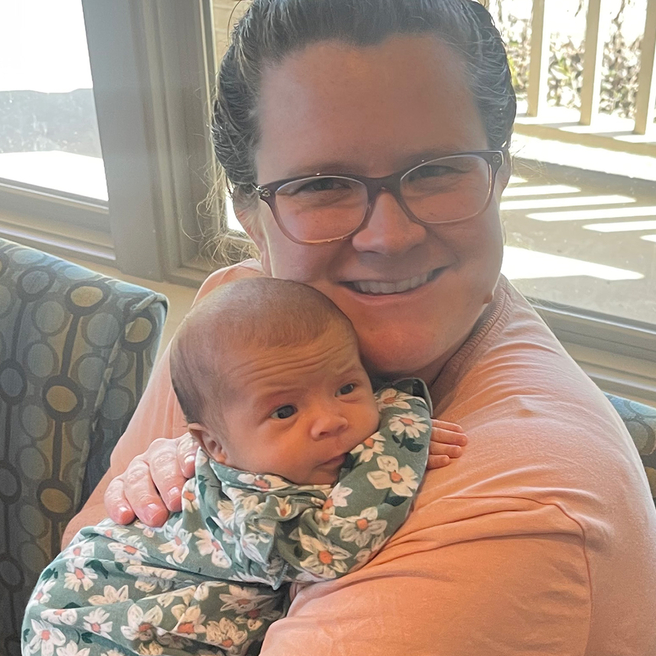Fetal Heart Program

If your baby is diagnosed with a congenital heart condition before birth, our Fetal Heart Program at Children's Hospital of Philadelphia (CHOP) will work closely with your family to plan care and help you make decisions about the next steps. We offer every resource you need, including expert evaluation and diagnosis, planning for delivery and care for your newborn after birth.
You may also have the option to deliver in the Garbose Family Special Delivery Unit (SDU), the world’s first birth facility for healthy mothers carrying babies with birth defects.
Our fetal heart disease program is one of the largest of its kind. We perform more than 4,000 fetal echocardiograms annually. Here, your family will have access to the most advanced treatments available — with outcomes among the best in the world.
How we serve you
Our Fetal Heart Program is part of CHOP's Cardiac Center, one of the largest pediatric heart centers in North America. You and your baby will have access to all of our top pediatric specialists and programs including our Fetal Neuroprotection and Neuroplasticity Program. They'll work together to best meet your child's unique needs.
Conditions we treat
-
Aortic stenosis -
Atrioventricular canal (AVC) defects -
Double outlet right ventricle (DORV) -
Ebstein’s anomaly of the tricuspid valve -
Generalized arterial calcification of infancy (GACI) -
Heart block -
Heterotaxy syndrome (isomerism) -
Hypoplastic left heart syndrome (HLHS) -
Interruption of the aortic arch -
Pulmonary atresia -
Pulmonary stenosis -
Single ventricle heart defects -
Tetralogy of fallot (TOF) -
Total anomalous pulmonary venous return (TAPVR) -
Transposition of the great arteries (TGA) -
Tricuspid atresia -
Truncus arteriosus -
Ventricular septal defect (VSD)

Why choose us
In our Fetal Heart Program, you and your unborn baby will have access to the most advanced imaging, world-class cardiac care and much more.

Meet your team
An expert team of pediatric cardiologists, cardiac surgeons, maternal-fetal medicine specialists and other CHOP specialists will care for your baby. They'll support you throughout your pregnancy, delivery and beyond, providing the most advanced cardiac care.

Fetal Heart Program locations
Access fetal heart disease specialists near you.
Our research
We are committed to ongoing research, which will improve the health and well-being of your baby and all infants born with heart disease.

Fetal Heart Program resources
We know that caring for a child with a heart condition can be stressful. To help you find answers to your questions, we’ve created this list of educational health resources.
Events
Cardiology 2026
Wednesday, Feb 25, 2026
Your donation changes lives
Every donation helps us make lifesaving breakthroughs for children everywhere.


